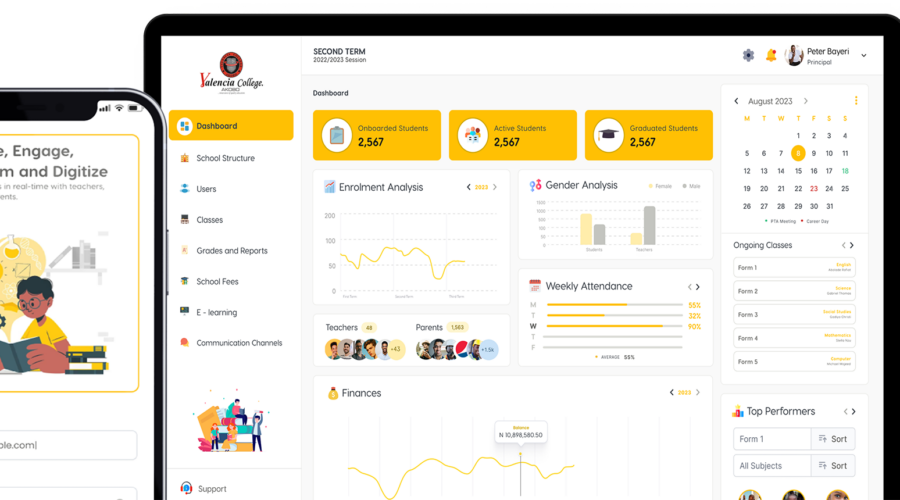What is Adaptive learning?
Adaptive learning, also known as adaptive teaching, is an educational method which uses computer algorithms. Also it uses artificial intelligence to orchestrate the interaction with the learner and deliver resources and learning activities to address the unique needs of each learner. In professional learning contexts, individuals may “test out” of some training to ensure they engage with novel instruction. Also, Computers adapt the presentation of educational material according to students’ learning needs, by their responses to questions, tasks and experiences. However, the technology encompasses aspects from various fields of study including computer science, AI, psychometrics, education, psychology, and brain science.
Research shows particularly in educational settings within the United States, has the efficacy of adaptive learning systems in promoting student learning. Furthermore, among 37 recent studies that the effects of adaptive learning on learning outcomes, an overwhelming majority of 86% (32 studies) report positive effects.
In addition, Adaptive learning has partially driven by a realization that learning cannot be achieved on a large-scale using traditional, non-adaptive approaches. However Adaptive learning systems endeavor to transform the learner from passive receptor of information to collaborator in the educational process. Also, Adaptive learning systems’ primary application is in education. However, another popular application is business training. They have been designed as desktop computer applications, web applications, and are now in the overall curricula.
Importance of adaptive learning
01. Efficiency:
It can make learning more efficient by focusing on areas where students need the most help or practise. It optimises study time by prioritising content that is most beneficial for each student, reducing time spent on topics they already understand well.
02.Accessibility:
In most cases, it can enhance accessibility by providing personalised learning experiences that accommodate diverse learning needs, preferences, and abilities. It can help bridge learning gaps and provide additional support to students with varying levels of readiness or background knowledge.
03.Flexibility:
Certain platforms often offer flexibility in terms of pacing and content delivery. Students can learn at their own pace, revisit concepts as needed, and receive immediate feedback, fostering a more flexible and student-centred approach to education
Conclusion
As we look to the future of education, adaptive learning stands out as a powerful tool for fostering innovation. However it also enhances learning outcomes. Also, it represents a paradigm shift in education. This offers a glimpse into a more responsive, engaging, and effective approach to learning.
As we embrace the possibilities of various forms of learning, we move closer to a future where education is truly for the needs and aspirations of every learner. Moreover, it paves the way for a more equitable and prosperous society.
Are you a school owner and you need a web solution to automate your school work. Click here to sign up for free.




